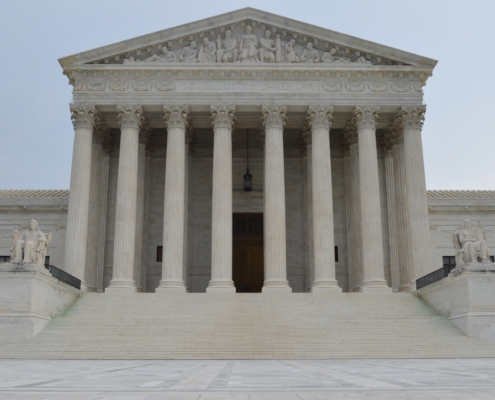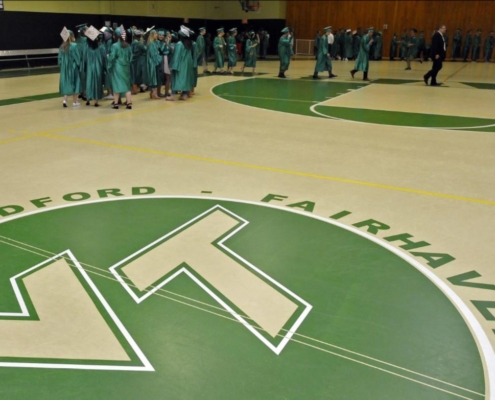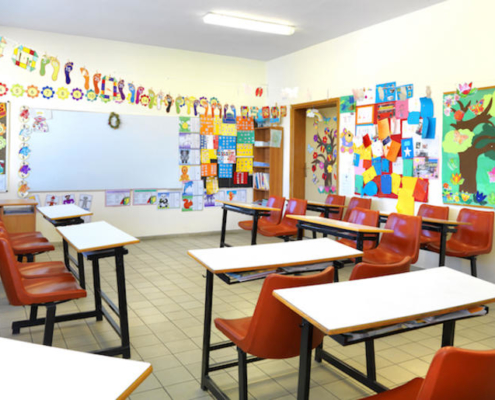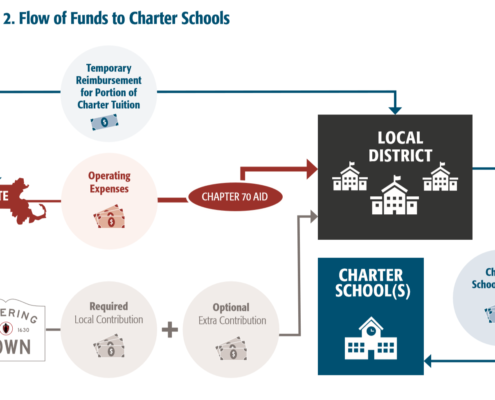New Study Warns of Emergence of Two-Tiered Public Education System in Massachusetts
Contact Jamie Gass, 617-723-2277 ext. 210 or jgass@pioneerinstitute.org
Overall 4th-grade reading and 8th-grade math scores flat, but percentage scoring in top category continues to rise
BOSTON – A review of the performance of Massachusetts students on National Assessment of Academic Progress 4th-grade reading and 8th-grade math tests shows that overall improvement has stalled in the last decade, but the percentage of students scoring in the top category has steadily increased, according to a new policy brief published by Pioneer Institute.
Fourth-grade reading and 8th-grade math scores were chosen because they have been shown to be the most predictive of students’ future academic success.
“The results suggest the emergence of an inequitable public education system in the Commonwealth,” said Michael Sentance, co-author of “Is Two-Tiered Education on the Rise in Massachusetts?”. “Those in more advantaged or better-managed schools continue to improve, while everyone else’s scores are flat at best.”
The growing gulf between haves and have-nots is at odds with the basic principles of the Commonwealth’s landmark 1993 Education Reform Act which, among other things, established the nation’s most progressive K-12 funding system.
But funding disparities between rich and poor school districts are again becoming problematic. And while the number of Massachusetts students taking Advanced Placement tests has more than doubled over the last decade, the program still operates in just 79 of the Commonwealth’s 404 public secondary schools.
“Policies implemented over the last decade have resulted in weaker standards for all, but higher standards for some,” said Charles Chieppo, who co-authored the brief with Sentance. “With the adoption of less rigorous academic standards, the growing funding disparities and virtual elimination of school and district accountability, this trend is unlikely to be reversed any time soon.”
About the Authors
Michael Sentance has worked to serve the interests of opportunity and justice for all students through improvements in schools on the local, state, and federal levels. He has served as the Secretary of Education in Massachusetts, the State Superintendent of Education in Alabama, and a senior official in the U.S. Department of Education. Sentance is a graduate of Georgetown University, Duquesne University, and Boston University.
Charles Chieppo is Pioneer Institute’s Senior Media Fellow. Previously, he was policy director in Massachusetts’ Executive Office for Administration and Finance and directed Pioneer’s Shamie Center for Better Government. While in state government, he served as vice chair of the Massachusetts Convention Center Authority. His work has appeared in numerous national and local news publications.
About Pioneer
Pioneer Institute is an independent, non-partisan, privately funded research organization that seeks to improve the quality of life in Massachusetts through civic discourse and intellectually rigorous, data-driven public policy solutions based on free market principles, individual liberty and responsibility, and the ideal of effective, limited and accountable government.
Get our education updates!
Related Research





















